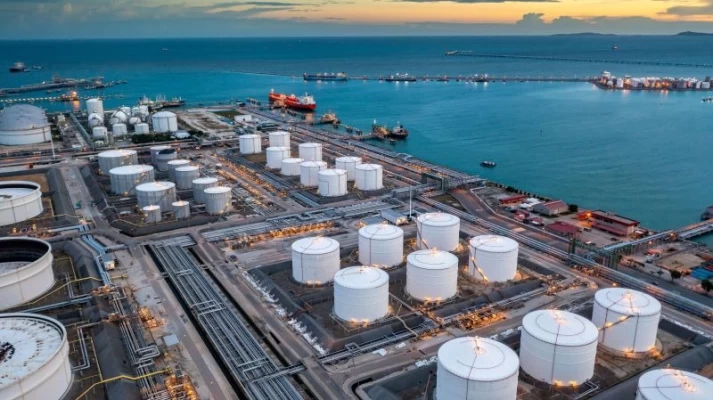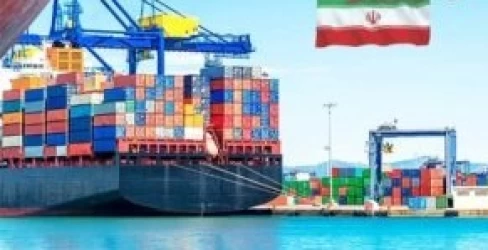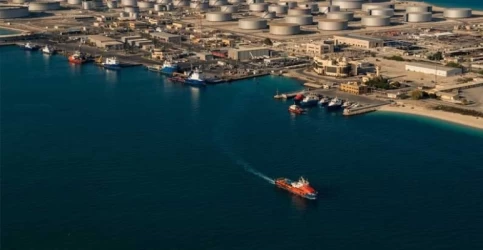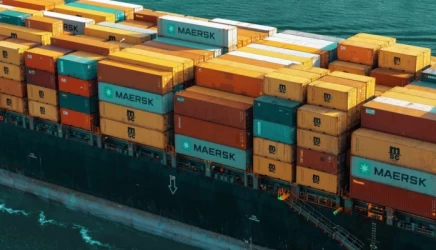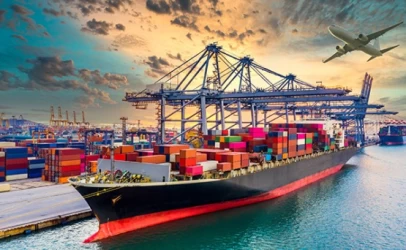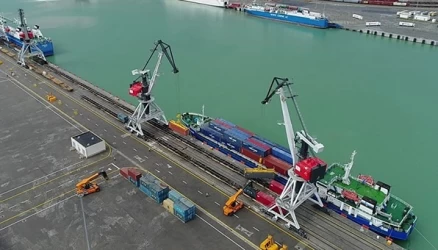Trade Guide with Iran: Importing Petrochemical Products
Iran, with its rich natural resources and strategic location, has long been a significant player in the global petrochemical industry. The country’s petrochemical sector is a cornerstone of its economy, contributing substantially to its GDP and export revenues. This guide aims to provide a comprehensive overview of the opportunities and considerations for importing petrochemical products from Iran.
Overview of Iran’s Petrochemical Industry
Iran’s petrochemical industry has a history spanning over half a century and has grown to become one of the largest in the Middle East. The country produces a wide range of petrochemical products, including polyethylene, methanol, benzene, ammonia, sulfur, PVC, and propylene. With a production capacity exceeding 90 million tones annually, Iran accounts for about 25% of the Middle East’s petrochemical output.
Key Petrochemical Products
- Polyethylene: Widely used in packaging, containers, and household goods.
- Methanol: Utilized in the production of formaldehyde, acetic acid, and various chemicals.
- Benzene: A critical component in the manufacture of plastics, resins, and synthetic fibers.
- Ammonia: Essential for fertilizers and various industrial applications.
- Sulfur: Used in the production of sulfuric acid, an important industrial chemical.
- PVC (Polyvinyl Chloride): Commonly used in construction materials, pipes, and medical devices.
- Propylene: A key raw material for producing polypropylene, a versatile plastic.
Trade Regulations and Sanctions
Importing petrochemical products from Iran involves navigating a complex landscape of international regulations and sanctions. The United States, for instance, has imposed stringent sanctions on entities and vessels involved in the Iranian petroleum and petrochemical trade. These sanctions can affect the logistics, financing, and insurance of shipments, making it crucial for importers to stay informed about the latest regulatory developments.
Steps for Importing Petrochemical Products
- Market Research: Understand the demand for specific petrochemical products in your market and identify potential suppliers in Iran.
- Compliance Check: Ensure compliance with international sanctions and trade regulations. Consult with legal experts to navigate the complexities.
- Supplier Verification: Conduct due diligence to verify the credibility and reliability of Iranian suppliers. This includes checking their production capacity, quality standards, and export history.
- Contract Negotiation: Negotiate terms of trade, including pricing, payment methods, delivery schedules, and dispute resolution mechanisms.
- Logistics Planning: Plan the logistics of shipping, including selecting reliable shipping companies, securing necessary permits, and arranging for customs clearance.
- Quality Assurance: Implement quality control measures to ensure that the imported products meet your specifications and standards.
- Risk Management: Develop a risk management strategy to address potential challenges such as delays, regulatory changes, and geopolitical risks.
Opportunities and Challenges
Opportunities:
- Diverse Product Range: Iran’s extensive portfolio of petrochemical products offers importers a wide selection to meet various industrial needs.
- Competitive Pricing: Due to its large production capacity, Iran can offer competitive pricing for its petrochemical products.
- Strategic Location: Iran’s geographical location provides easy access to major markets in Asia, Europe, and Africa.
Challenges:
- Sanctions and Regulations: Navigating international sanctions and trade regulations can be complex and requires careful planning.
- Political and Economic Stability: Fluctuations in Iran’s political and economic environment can impact trade.
- Logistical Hurdles: Ensuring smooth logistics and transportation can be challenging due to sanctions and regional tensions.
Conclusion
Importing petrochemical products from Iran presents both significant opportunities and challenges. By conducting thorough market research, ensuring compliance with regulations, and implementing robust risk management strategies, importers can successfully navigate the complexities of this trade. Iran’s vast petrochemical industry, with its diverse product range and competitive pricing, remains a valuable partner for global businesses seeking high-quality petrochemical products.
if you have a specific question or need more details, Iran's logistics experts are your answer!

